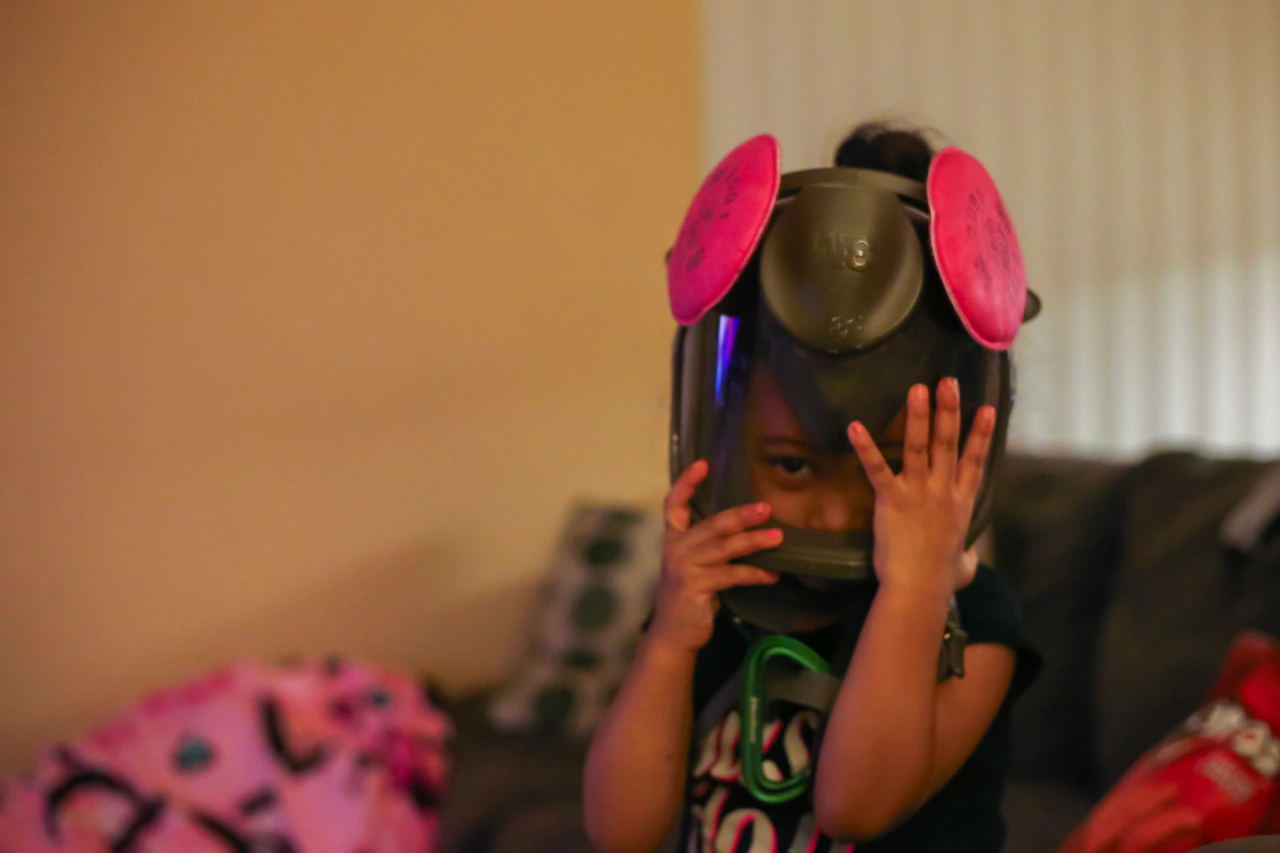Copyright Salt Lake City Deseret News

Most Utah voters — just shy of three-fourths — have heard that the Trump administration believes acetaminophen use during pregnancy is linked to autism. But far fewer believe that use of the drug, often called by the brand name Tylenol, is unsafe during pregnancy. Meanwhile, Texas Attorney General Ken Paxton is suing Johnson & Johnson, which has sold Tylenol for decades, and Kenvue, a company it spun off to sell the drug in 2023, saying the companies didn’t warn consumers of the risks of taking Tylenol while pregnant. Per The New York Times, “The suit also claims that Kenvue was created to shield Johnson & Johnson from liability over Tylenol.” A Kenvue spokesperson called the lawsuit’s claims “baseless” and promised to vigorously defend the companies and the product. The drug, which is called acetaminophen in generic form in North America and paracetamol elsewhere, has been deemed by medical experts to be one of the only safe options for pregnant women to use to deal with pain and fever. That was called into question last month when President Donald Trump and U.S. Health and Human Services Secretary Robert F. Kennedy Jr. said new guidance will be issued to discourage the use of acetaminophen during pregnancy due to its potential link to autism. As The Texas Tribune reported, “The announcement set off a wave of controversy in the health care community, and confusion among pregnant women unsure how they should manage fever and pain during pregnancy.” Nearly one-fourth of Utahns (24%) in a new poll by Morning Consult for Deseret News and the University of Utah’s Hinckley Institute of Politics said they’ve heard “a lot” about the announcement. Nearly half (49%) said they’ve heard “some.” Just 16% said they haven’t heard much about the possible link, and 11% said they haven’t heard anything about it. The poll was conducted from Oct. 17-22 and included 809 registered Utah voters. It has a margin of error of plus or minus 3 percentage points. What Utahns think about Tylenol Asked what they think about the claim Tylenol is unsafe to use during pregnancy, 29% called it “definitely safe” and 24% said it is “probably safe.” Just 8% deemed that use of Tylenol “definitely unsafe,” and 24% said it was “probably unsafe.” The final 16% said they didn’t know. By political leaning, Democrats were more likely to say the drug is at least probably safe in pregnancy, at 78%, compared to 74% of independents and 69% of Republicans. The group most apt to call Tylenol safe or probably safe was Democratic men at 84%. As for who should have primary authority to decide if Tylenol can be used in pregnancy, 47% said a licensed medical professional should make that call, while another 41% said it should be up to the person who is pregnant. Just 5% combined thought government officials should make the call, at 2% saying it should be determined by state-level government authorities and 3% saying federal government authorities. The remaining 5% said they didn’t know. The poll showed 49% of women said a medical provider should decide, while 43% said the pregnant woman should decide whether to use the drug during pregnancy. Poll respondents were also asked if they or someone in their immediate family is pregnant, as well as whether they know an individual with autism. One percent said they were pregnant and 4% said a close relative is pregnant. Six percent said they personally have autism, 21% say a close relative has autism and 18% said their extended family includes someone who has autism. Twenty-three percent have a friend with autism. In all, 56% said someone close to them or they themselves have autism. Different opinions on risks A number of medical groups, including the American College of Obstetricians and Gynecologists, the Society for Maternal-Fetal Medicine, the Autism Science Foundation, the American Academy of Pediatrics and the World Health Organization have backed use of the drug as the safest option during pregnancy. Trump and Kennedy referred to a review of earlier research conducted by Mount Sinai and Harvard researchers in the journal Environmental Health that found possible association between acetaminophen use early in pregnancy and increased risk of autism in children. As Deseret News earlier reported, they said not to use Tylenol or other acetaminophen products early in pregnancy except to treat a fever, which is also potentially dangerous for the baby. Trump repeatedly said, “Don’t take it,” during the news conference. But the science is not settled. Studies have come down on both sides of the safety issue for acetaminophen, including a recent study from the University of Washington School of Medicine published in Nature Mental Health that said there might be a link between prenatal exposure to the anti-inflammatory pain reliever and adverse neurological outcomes such as attention deficit/hyperactivity disorder and autism. The study tracked 307 pregnant women and their babies, noting that 18% of the children whose moms used the drug during pregnancy developed ADHD, compared to 9% of those who didn’t. The researchers called for further study to rule out confounding factors that might be responsible for the difference but that were not recognized in the study. They also questioned whether some women can tolerate the drug during pregnancy, while others cannot. Other studies have had opposite findings or identified different potential links. One in January in JAMA Network Open reported that children exposed to steroids during pregnancy had a much higher risk of developing autism or ADHD. Kennedy himself has repeatedly said he believes that vaccines can cause autism. Kennedy and Trump said that the federal government is making a big investment in studying autism and its causes and potential treatments. Autism spectrum disorder covers a range of symptoms, from mild to severe, that impact social communication and language development. Repetitive behavior is also typically an aspect of the disorder. It has long been believed among many in the medical community that autism is caused by a mix of genetic and environmental factors.



